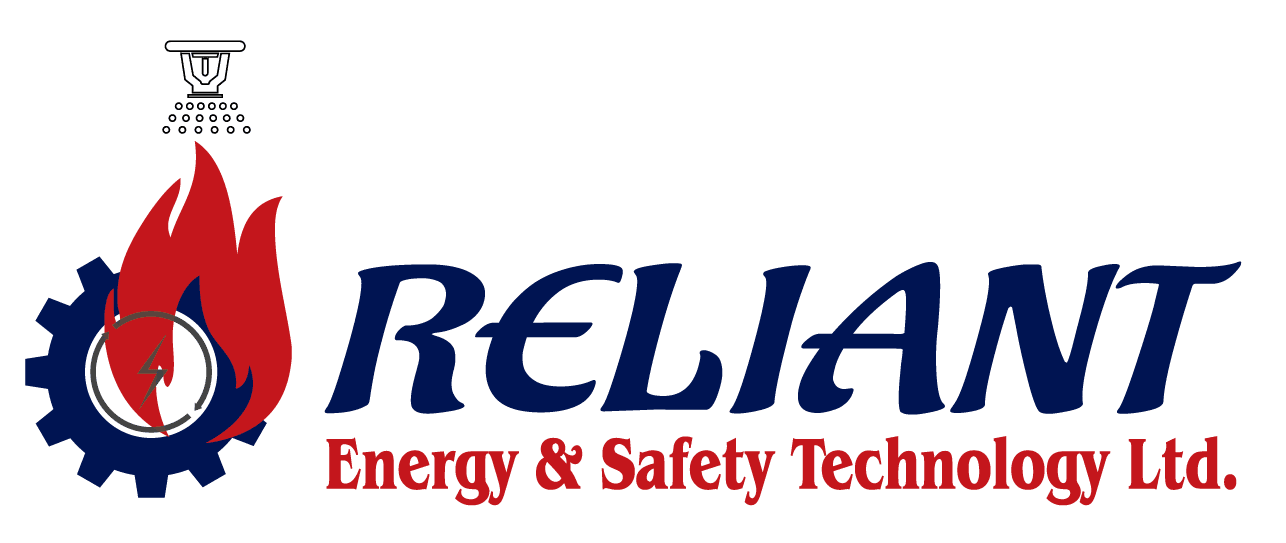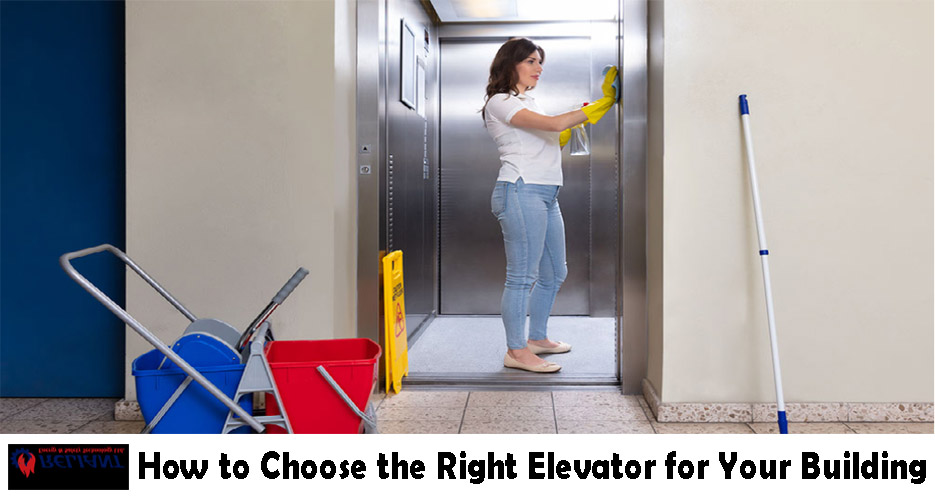What is the safety of an elevator?
Modern elevators are equipped with advanced security systems, including keycard access, surveillance cameras, and alarms. These features enhance passenger safety by preventing unauthorized access, monitoring elevator activity, and maintaining a secure environment.
What is the basic maintenance of an elevator?
Ensure the area is clean and well-maintained to promote a safe environment. Inspect and adjust the door’s closing speed and leveling to confirm accurate functionality. Make any necessary corrections to maintain optimal door performance and alignment.
For more details on our range of services, visit our Electrical Installation Services page.
Elevator Safety and Maintenance Tips
Using elevators is a routine part of daily life, but it’s essential to understand the dos and don’ts to ensure safety. At Reliant-Est, we prioritize your well-being and offer the most comprehensive elevator safety guidelines to keep you informed and secure. Here’s everything you need to know about using elevators safely:
Step with Caution When Boarding and Exiting
Trips and falls are the leading causes of elevator injuries. Always observe the threshold before stepping in or out. Sometimes, the elevator cab floor may not align perfectly with the lobby floor. A quick glance can prevent potential mishaps.
Avoid Blocking Doors with Hands or Objects
Using your hands or objects to hold elevator doors open is unsafe. Instead, utilize the “door open” button. In case the doors malfunction or refuse to open, every elevator is equipped with an alarm bell and emergency phone. Avoid prying doors open or attempting alternative exits—the safest place is inside the elevator until help arrives.
Limit the Number of Passengers
Overcrowded elevators pose risks, including mechanical strain and discomfort. If an elevator seems too full, wait for the next one. Once it departs, press the call button to summon the next available car. Staying patient ensures a safer ride for everyone.
Emergency Protocols: Who to Contact
If you’re stuck in an elevator, use the emergency phone or alarm button. Modern elevators often have advanced technology that allows for text-based communication or direct calls to emergency responders. Stay calm and wait for assistance.

Fire Emergencies: Stick to the Rules
During a fire, always use the stairs—never the elevator. However, if you’re already inside an elevator when a fire starts, watch for indicators like flashing lights or alarm sounds. Elevators are programmed to return to a designated egress floor. Exit promptly unless the fire is on that level, in which case the elevator will take you to an alternate floor.
Elevators vs. Escalators: Choose Wisely
When carrying strollers, carts, or pets, always opt for the elevator. Escalators can be hazardous for such items, whereas elevators provide a stable and safe environment for transport.
Stay Calm in Unforeseen Situations
Panic can complicate an already stressful situation. If you’re trapped, take deep breaths and try pressing the “door open” button to ensure it’s not a minor issue. Responders are more effective when you remain calm.
Trust the System
Elevator doors are engineered with safety in mind. Hoistway doors—the ones visible from the lobby—won’t open unless the elevator car is present. This mechanism ensures that you cannot accidentally step into an empty shaft.
Keep Your Elevators Clean
Regular cleaning of elevators is essential not just for aesthetics but also for maintaining their functionality and safety. Dust, dirt, and debris can accumulate over time in the elevator shaft, door tracks, and interior surfaces. This buildup can lead to operational issues and even safety hazards. For example, dirty components increase friction, which can accelerate wear and tear on motor parts, reducing efficiency.
Establishing a consistent cleaning routine ensures that your elevators remain in optimal condition and visually appealing. Regularly clean buttons, handrails, windows, and both the interior and exterior surfaces. Pay special attention to door tracks and sensors, as these are critical for smooth operation. Prioritizing cleanliness not only extends the lifespan of your elevators but also enhances performance and provides a more enjoyable experience for passengers.
Regular Maintenance: Why It Matters
Elevator safety begins with proper maintenance. At Reliant-Est, we’re committed to servicing and inspecting elevators to ensure optimal performance. Our team uses advanced diagnostic tools and follows stringent safety protocols, so you can ride with confidence.
Reliant-Est: Your Trusted Elevator Safety Partner
Reliant-Est goes beyond standard practices. Here’s why we stand out:
- Expert Maintenance Services: Our team conducts thorough inspections and ensures compliance with global safety standards.
- Innovative Solutions: We integrate the latest technology to enhance safety and efficiency.
- 24/7 Support: Whether it’s routine servicing or emergencies, our support team is always ready to assist.
- Customer-Centric Approach: Your safety and satisfaction are at the heart of everything we do.
Why Choose Reliant-Est?
At Reliant-Est, we’re more than just a service provider; we’re your safety partner. Our dedication to delivering top-notch elevator solutions ensures peace of mind every time you step into an elevator.
Visit our detailed guide to know more about essential fire safety tips for manufacturing plants.
Conclusion: Elevator Safety and Maintenance Tips
Elevators are a marvel of modern engineering, but safety starts with informed use. By following these tips and relying on trusted professionals like Reliant-Est, you can ensure a smooth and secure ride every time. Choose safety. Choose Reliant-Est.
Frequently Asked Questions (FAQs)
Q1. What should I do if the elevator stops working while I’m inside?
Remain calm and press the emergency alarm button or use the emergency phone to contact responders. Do not attempt to exit the elevator on your own.
Q2. Are elevators safe during a power outage?
Modern elevators are equipped with backup power systems that allow them to reach the nearest floor and open the doors safely during a power outage.
Q3. Why shouldn’t I use elevators during a fire?
Elevators can malfunction or stop functioning during a fire. Always use the stairs to ensure your safety.
Q4. How often should elevators be inspected?
Elevators should be inspected regularly, ideally every six months or as mandated by local safety regulations, to ensure optimal performance and safety.
Q5. Can I trust the sensors to keep the doors from closing on me?
While sensors are highly reliable, it’s always better to avoid standing in the doorway or blocking it with objects. Use the “door open” button instead.

